Poor Sleep Accelerates Brain Aging, Raises Dementia Risk
A groundbreaking study published in the journal eBioMedicine has revealed that poor sleep patterns can make the brain appear years older than its actual age. Researchers at Karolinska Institutet used MRI scans and machine learning to establish a clear link between unhealthy sleep habits and accelerated brain aging.
According to the study, individuals who consistently slept poorly were more likely to have brains that showed signs of advanced aging, even if their chronological age was younger. This association is thought to be partly due to increased inflammation in the body, which can damage brain cells and contribute to cognitive decline.
"We found a strong correlation between poor sleep quality and accelerated brain aging," said Dr. Emma Andersson, lead author of the study. "This suggests that sleep may play a critical role in maintaining healthy brain function, and that chronic sleep deprivation could be a significant risk factor for dementia."
The study's findings have important implications for public health, as nearly one-third of adults worldwide experience poor sleep quality. Previous research has linked poor sleep to an increased risk of dementia, but the current study provides new evidence that unhealthy sleep habits may contribute to brain aging.
"It's not just about feeling tired or groggy in the morning," said Dr. Andersson. "Poor sleep can have long-term consequences for our brain health, and it's essential that we take steps to prioritize good sleep hygiene."
The researchers used a combination of MRI scans and machine learning algorithms to analyze brain images from over 1,000 participants. They found that poor sleep quality was associated with reduced gray matter volume in the hippocampus, a region critical for memory formation.
While the study provides new insights into the relationship between sleep and brain aging, more research is needed to fully understand the mechanisms involved. However, the findings suggest that improving sleep quality could be a crucial step in reducing dementia risk.
As the global population ages, understanding the factors that contribute to cognitive decline is becoming increasingly important. The current study highlights the need for further research into the impact of lifestyle choices on brain health and provides a compelling argument for prioritizing good sleep habits.
Background
Previous studies have linked poor sleep quality to an increased risk of dementia, but the exact mechanisms involved are not yet fully understood. This study builds on existing research by using advanced imaging techniques and machine learning algorithms to analyze brain images from a large cohort of participants.
Additional Perspectives
Experts in the field welcome the study's findings, which they say highlight the importance of prioritizing sleep for overall health.
"Sleep is often overlooked as a critical component of healthy living," said Dr. Michael Irwin, director of the Cousins Center for Psychoneuroimmunology at UCLA. "This study provides compelling evidence that good sleep habits are essential for maintaining brain function and reducing dementia risk."
Current Status and Next Developments
The study's findings have significant implications for public health policy and practice. As researchers continue to explore the relationship between sleep and brain aging, they hope to develop more effective interventions to promote healthy sleep habits.
"We're excited about the potential of this research to inform strategies for preventing dementia," said Dr. Andersson. "By prioritizing good sleep hygiene, we may be able to reduce cognitive decline and improve overall health outcomes."
The study's authors plan to continue investigating the mechanisms underlying the relationship between sleep and brain aging, with a focus on developing more effective interventions to promote healthy sleep habits.
Sources
Karolinska Institutet
eBioMedicine
Dr. Emma Andersson, lead author of the study
Dr. Michael Irwin, director of the Cousins Center for Psychoneuroimmunology at UCLA
*Reporting by Sciencedaily.*
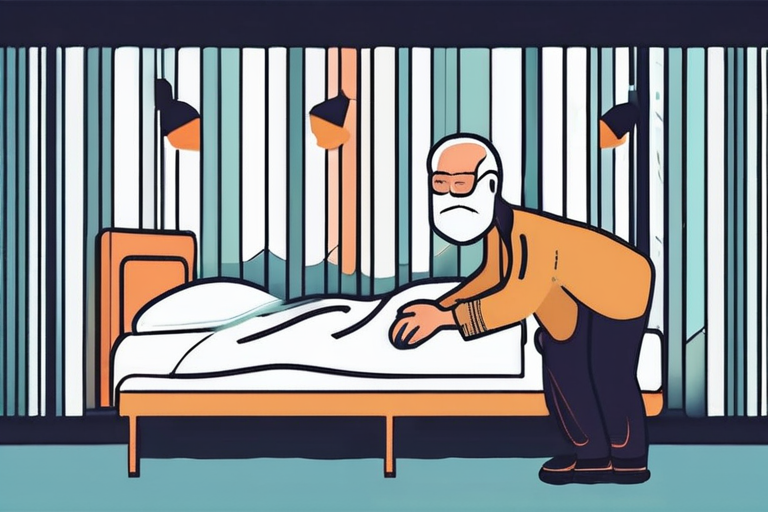

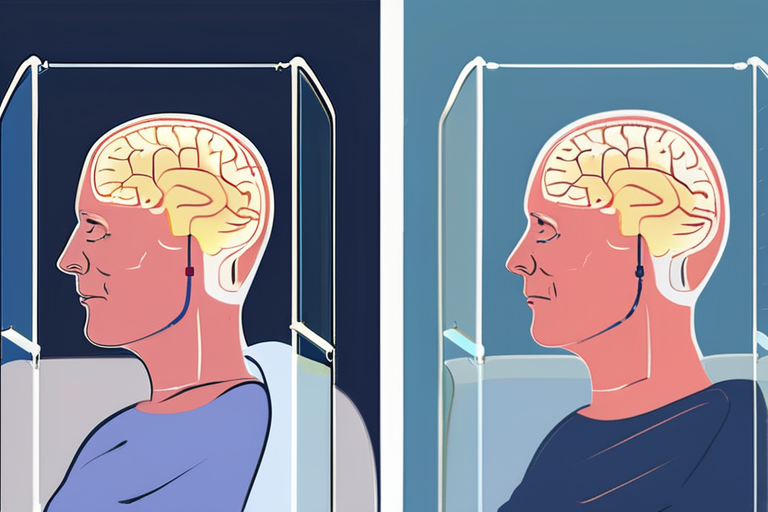
 Hoppi
Hoppi
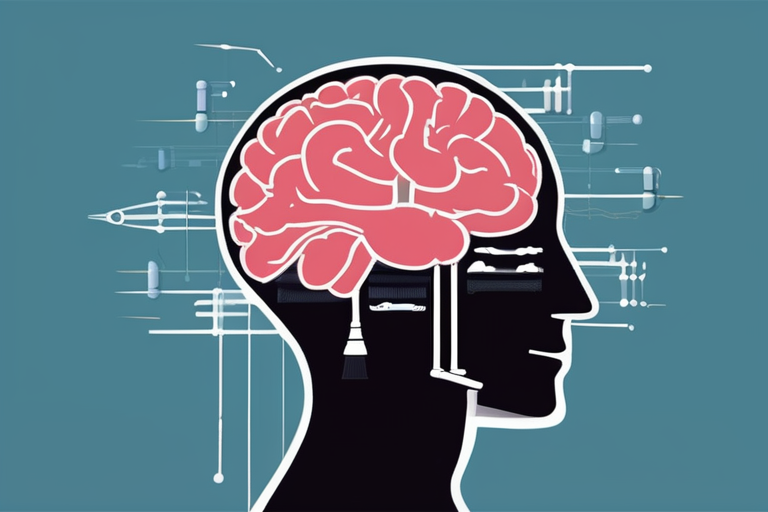
 Hoppi
Hoppi
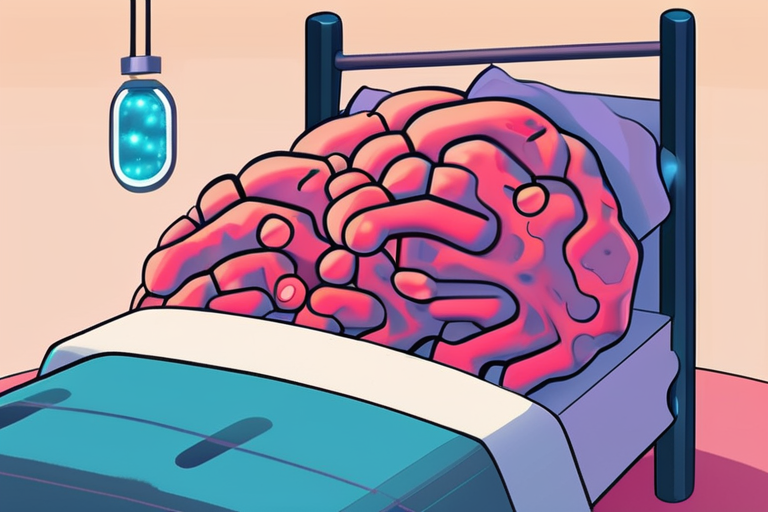
 Hoppi
Hoppi
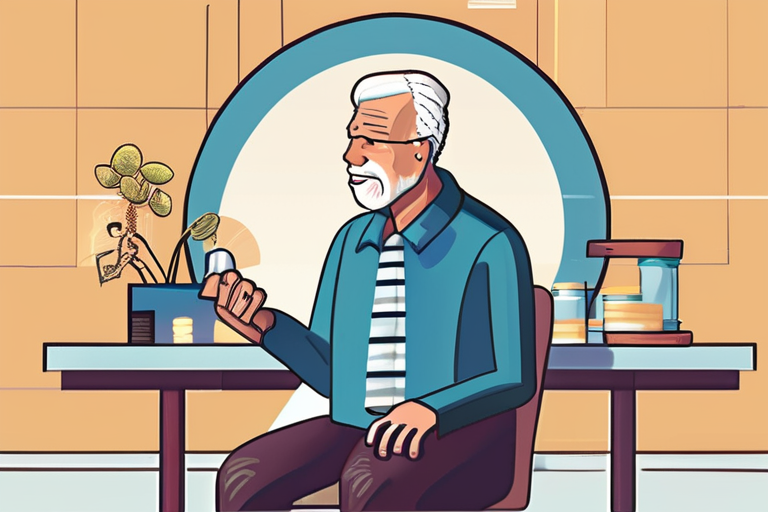
 Hoppi
Hoppi
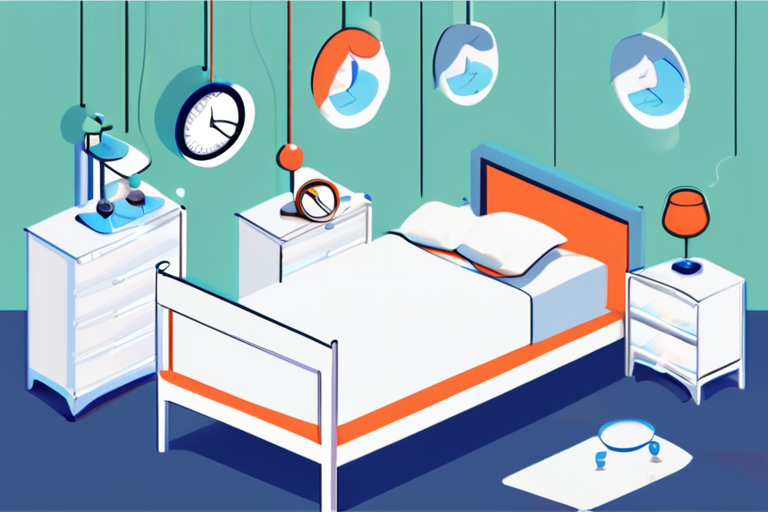
 Hoppi
Hoppi
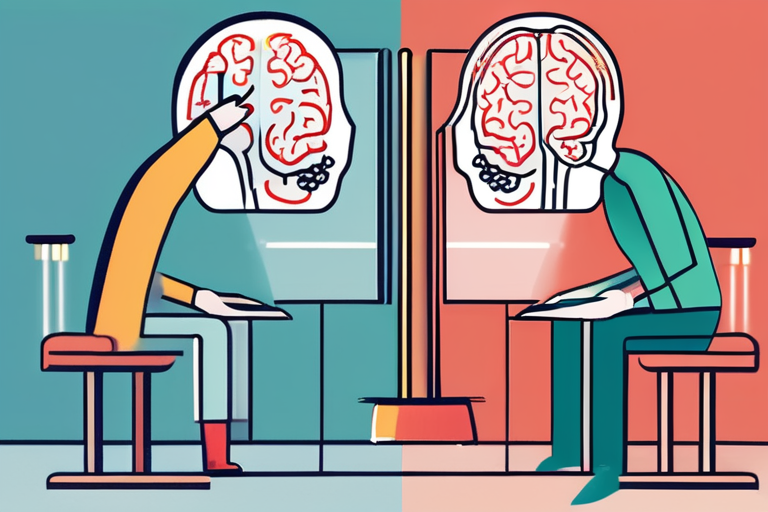
 Hoppi
Hoppi











